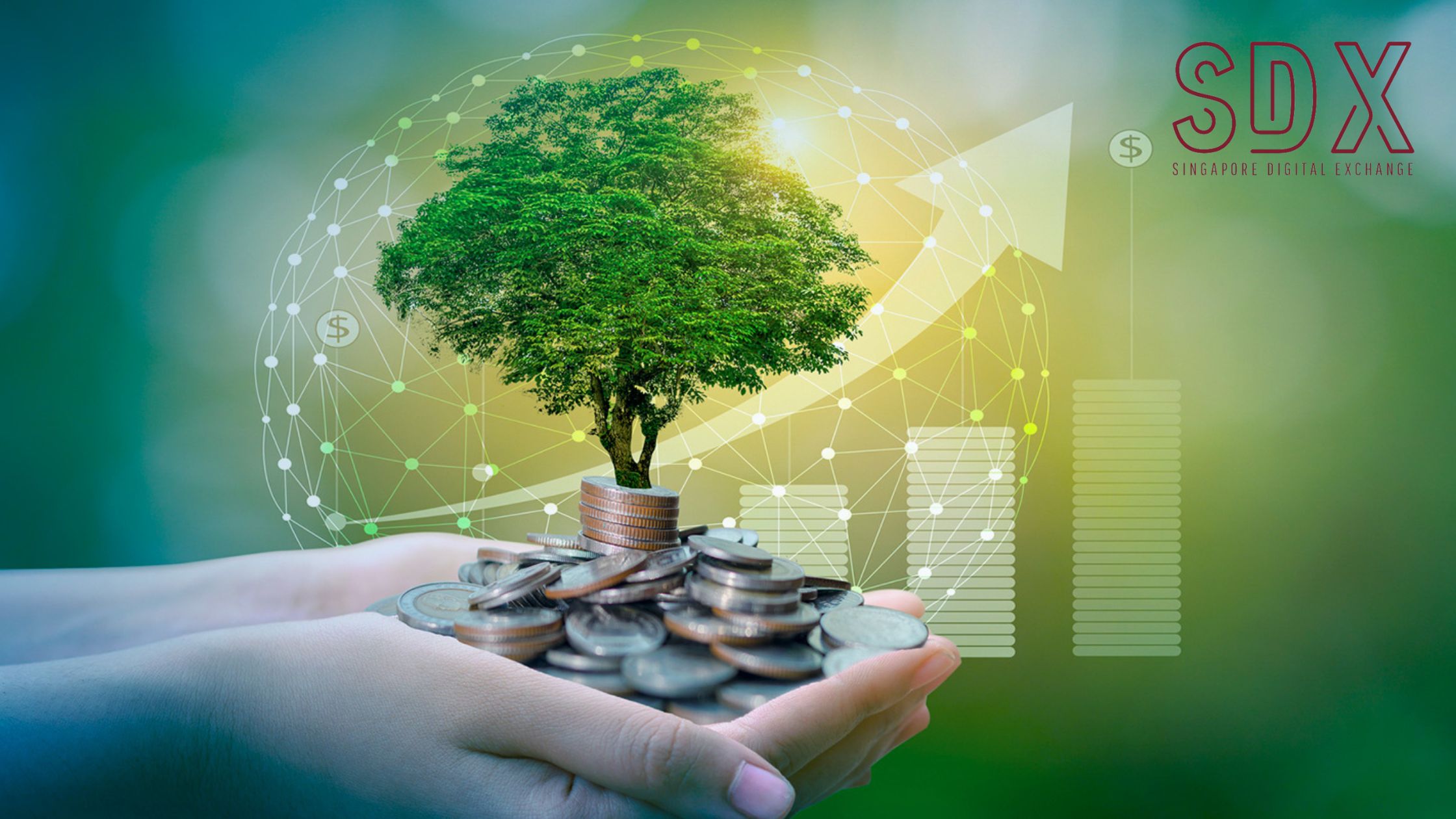At the crossroads of technology, innovation, and sustainability, artificial intelligence has the ability to make a dramatic impact on ESG investing—that is, accounting for environmental, social, and governance risks and opportunities in investing. While AI can unearth key data for investors seeking sustainable investments, discerning unreliable information will be a key challenge and humans will not be replaced any time soon. Advances in AI, which encompasses a variety of emerging computer technologies, have made it easier than ever before for computers to automate complex tasks at incredible speeds and volumes, thus revolutionizing how companies work with data. As AI, along with machine learning and robotics, have become commonplace and essential to the operations of mainstream organizations, leadership teams have found that failure to harness and leverage AI puts them behind the competition. Repeatable tasks are carried out by bots in a fraction of the time, and algorithms and computer programs can read the information that might have previously been unusable due to its size or amount of garbage data. These AI capabilities will prove useful for ESG investing, which reflects the growing sensitivity of consumers to how companies operate as factors in their buying decisions and is of increasing interest to investors who are concerned about companies adopting practices that will mitigate risk and ensure their long-term sustainability. Investment managers are coming under increasing pressure to measure ESG criteria in their portfolios. However, a lack of data is making it hard for banks to assess long-term risks and rewards. Here, AI is the answer: technologies will filter essential data that investors currently lack, acting as the catalyst for sustainable investing at scale. Much of the potential for artificial intelligence in ESG investing comes from sentiment analysis algorithms. These algorithms allow computers to analyze the tone of a conversation, a task that code could not as effectively do. Sentiment analysis programs might be trained to read a certain type of conversation and analyze the tone by comparing the words used to a reference set of existing information. For example, a program trained to read the transcripts of a company’s quarterly earnings calls could determine the tone of the words when the CEO speaks, use natural language processing to easily identify in which parts of the conversation the CEO talks about ESG-related topics, and then infer from those words used how committed a company appears to be about mitigating environmental risks.
Regulation is transforming the world of environmental, social, and governance investing, and in many areas, Europe has been leading the charge on new rules and standards. In June 2022, the European Parliament and the Council of the EU reached a provisional agreement on new sustainability reporting rules for companies, known as the Corporate Sustainability Reporting Directive, or CSRD. In this episode of the ESG Insider podcast, we speak to Adrie Heinsbroek, Chief Sustainability Officer at Netherlands-based asset manager NN Investment Partners, to get the investor view on how the changes could impact ESG-focused fund managers — and how the sorting hat from Harry Potter helps explain the trajectory of ESG regulation.
What is ESG investing?
The acronym ESG refers to a broad range of environmental, social, and governance criteria on which companies are measured. It reflects the growing sensitivity of consumers to how companies operate as factors in their buying decisions. And it is of increasing interest to investors who are concerned about companies adopting practices that will mitigate risk and ensure their long-term sustainability. As a result, ESG issues are increasingly shaping the way companies do business around the globe. Since the term was first popularized in 2005, investors have increasingly seen value in the idea of using ESG factors to guide investment decisions. The idea of ESG investing is an evolution of the trend toward socially responsible investing, but ESG provides a broader framework for looking at social impact beyond simply excluding companies associated with negative outcomes.


